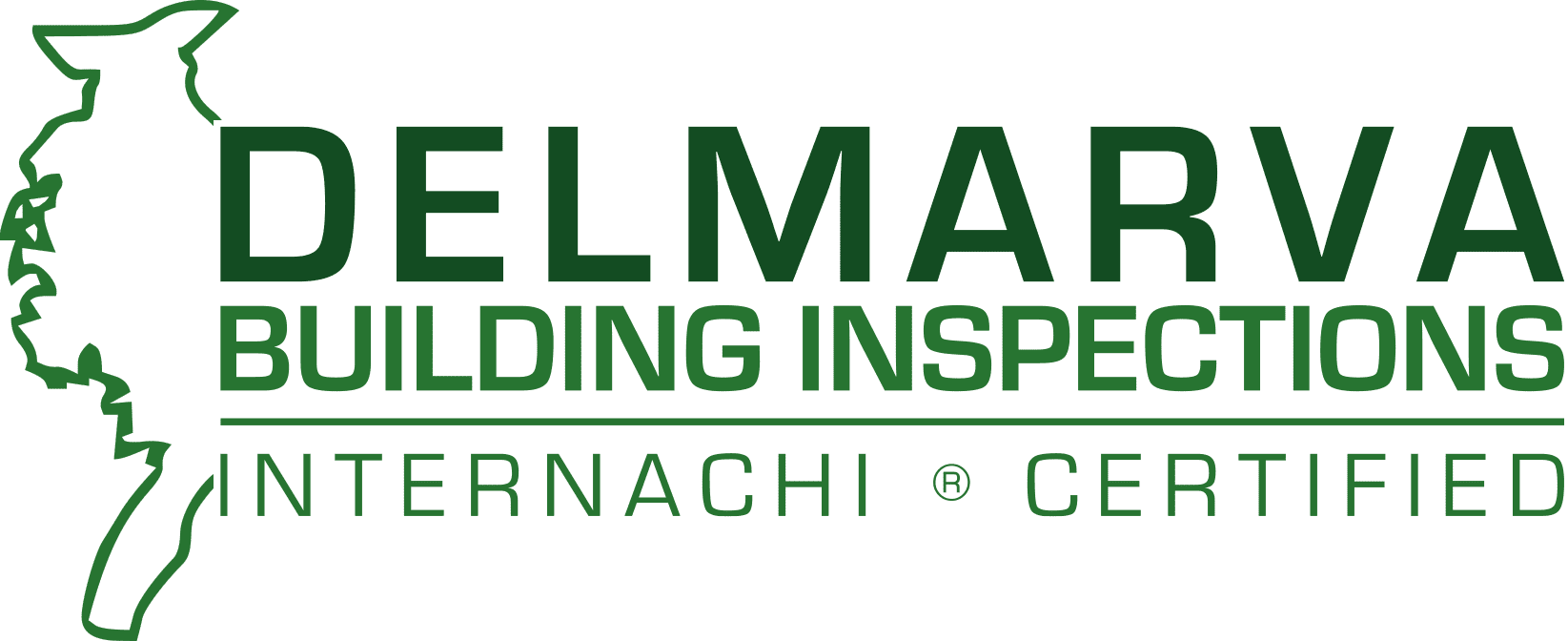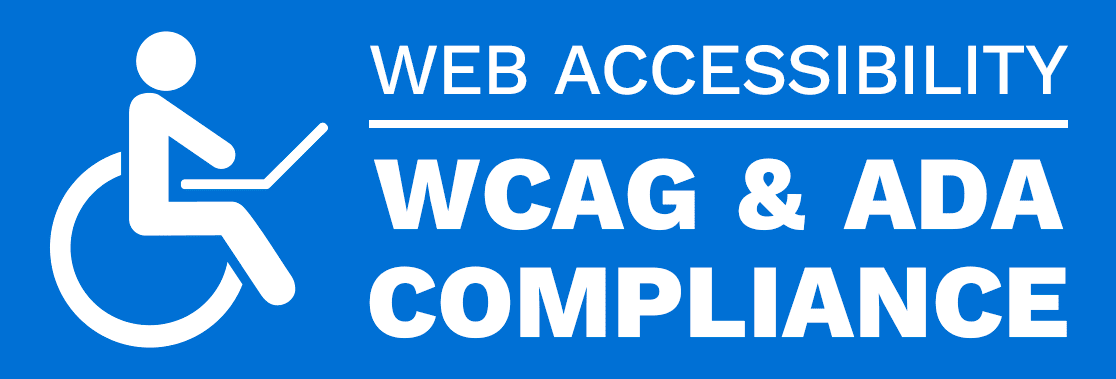

Your Commercial Building Inspector In Sussex County, Delaware
Are you looking for a commercial building to support your business? Whether you're buying, selling, leasing, or renting a building, a building inspection is the first line of order. But don't let the excitement of moving into a new building take you away from protecting your business from the possibility of a building that may be full of defects. In the end, you may be holding the bag. Most issues with a building are not exposed and need the experience of a licensed commercial building inspector to protect your interests.

Your Building Inspector in Sussex County Will Check Compliance With Building Codes And Safety Regulations
A commercial building inspector typically includes a visual examination of the exterior and interior of the building, including the roof, foundation, structure, electrical, plumbing, and HVAC systems. The inspector will also verify compliance with relevant building codes and safety regulations. The inspection may also include testing of equipment and systems, such as elevators and fire safety equipment. Finally, your inspector will provide a written report detailing their findings and recommendations for any necessary repairs or upgrades.
Licensed, Certified Building Inspector In Sussex County, Delaware
- Maryland State Licensed Contractor #79009
- Delaware State Licensed Contractor #2016600660
- Licensed Maryland Residential Home Inspector #33884
- Licensed Delaware Residential Home Inspector #H4-0010181
- OSHA-Certified HAZWOPER #183328
- InterNACHI Certified Professional Building Inspector in Sussex County (CPI), NACHI 61092825
- PESTICIDE APPLICATOR DE 22-253
- FAA Certified Private Pilot with Instrument Rating
- IICRC-Certified Water Damage Restoration Technician
- Certified Maryland State Erosion and Sediment Control # 43122
- Certified Mold Inspector
- Certified Unmanned Aerial System Pilot) 10387655 - 20220831-00677 FAA Part 107 Certificate
- EPA LEAD SAFE FIRM NAT-F172/84-2
- Certified Supervisor For EPA AHERA (Asbestos Abatement)
The Plumbing And Heating System
During an assessment of the plumbing and heating systems, the commercial building inspector In Sussex County will typically check for the following:
- Proper installation and function of the plumbing system, including the main water supply and drainage lines, as well as fixtures such as sinks, toilets, and shower/tub units.
- Adequate water pressure and proper flow throughout the building.
- Proper ventilation of plumbing fixtures and appliances to prevent mold and mildew.
- The inspection of the water heater and any other heating equipment, such as boilers, to ensure they are in good working condition and comply with safety regulations.
- They will inspect the HVAC system, including ductwork, to ensure it is properly installed and functioning as intended.
- For leaks and proper functioning, your building inspector will examine the fuel storage and delivery systems for heating equipment, such as oil tanks and gas lines.
The inspector will also check for any signs of leaks, corrosion, or other damage that could lead to problems in the future and will provide a written report detailing their findings and any recommendations for repairs or upgrades.
Radon is a byproduct of the breakdown of uranium. This inert gas can infiltrate a structure through foundation cracks and other vulnerabilities. It has no taste, no smell, and no color. However, Radon may enter a residence through the same flaws that permit the entry of other soil gases. Your commercial building inspector may have further radon-related information. Learn More
Observing the structure's components close to the ground tells a significant amount about its state. In addition, the report will include the existence of wood-eating insects and other pests. Every homeowner is anxious about termites, even though you can eliminate them if the problem is found early. Learn More
Did you know that the Environmental Protection Agency (EPA) in the United States does not regulate privately owned wells? However, the ultimate responsibility for ensuring the safety of all drinking water sources is with the property owner. If you need help testing the condition of your water in your Delaware business, water quality professionals at Delmarva Building Inspections may assist you. Learn More
If you require a sewer line check, one of our professional inspectors can assist you. Do you desire to sell your home or other structure? First, maintain the property and check that everything is in working order. Examining a property's sewage system is an excellent way to entice prospective buyers. Aging sewage systems are notoriously troublesome, as is well-known. It indicates to prospective purchasers that you care about their interests as much as your own. Learn More
The purchase of a building or property presents a variety of obstacles for both licensed brokers and private sellers. Contrariwise, few tasks are more difficult than gathering high-quality still and moving photos. With the proliferation of drones and the recent implementation of new FAA regulations, more individuals now have access to high-quality aerial photography. Learn More
Include lead-based paint evaluations in all commercial and residential property owner-requested building inspections. We are experts in all applicable local, state, and federal rules and legislation regarding commercial construction. In accordance with its requirements, the Environmental Protection Agency (EPA) has also recognized our company as a Lead-Safe Certified Company NAT-F172/84-2. Learn More
Is a new building something you hope to buy, sell, or put up for rent? Then get it looked at by a professional commercial mold inspector. Requesting a mold inspection should be a top priority when doing a building evaluation. Gain a comprehensive understanding of the situation before taking any action. Learn More
Over the past few years, thermal imaging has seen remarkable technological progress. High-resolution cameras, with the ability to detect minute temperature differences, paired with real-time image analysis software, have transformed thermal imaging into an essential tool across various sectors. Learn More
Licenses & Certifications
Your Building Inspector in Sussex County Will Check The Electrical System
During an electrical inspection of a commercial building, the inspector will typically check for the following:
- Adequate grounding and bonding of the electrical system.
- Proper installation and labeling of electrical panels and circuits.
- Properly sized and protected electrical service and main conductors.
- Inspecting the electrical wiring, conduit, and devices such as switches, receptacles, lights, etc., to ensure they are properly installed and functioning as intended.
- The adequate capacity of the electrical service to handle the building's electrical load.
- The building inspection will include electrical equipment like transformers, switchgear, and panel boards to ensure they are in good condition and are functioning properly.
- In addition, the inspection will include the fire alarm systems and emergency lighting to ensure they comply with building codes and safety regulations.
The inspector will also check for any potential safety hazards, such as exposed wiring or overloaded circuits, and will provide a written report detailing their findings and any recommendations for repairs or upgrades.
A Detailed Inspection Includes The Appliances
During a commercial building inspection, the inspector may check for various appliances, depending on the type of building and its intended use. Some of the appliances that a commercial building inspector may check for include the following:
- HVAC systems, including boilers, heat pumps, and air conditioning units.
- Elevators and escalators.
- Fire safety equipment, such as sprinkler systems and smoke alarms.
- Plumbing fixtures and appliances, such as sinks, toilets, and shower/tub units.
- Cooking equipment, such as ovens, ranges, and hoods.
- Kitchen appliances, such as refrigerators and dishwashers.
- Laundry equipment, such as washers and dryers.
- Electrical equipment, such as transformers and switchgear.
- Lighting fixtures, both indoor and outdoor.
- Security systems, such as cameras and alarm systems.
The inspector will check the appliances for proper function, safety, and compliance with relevant building codes and regulations and will provide a written report detailing their findings and any recommendations for repairs or upgrades.

















